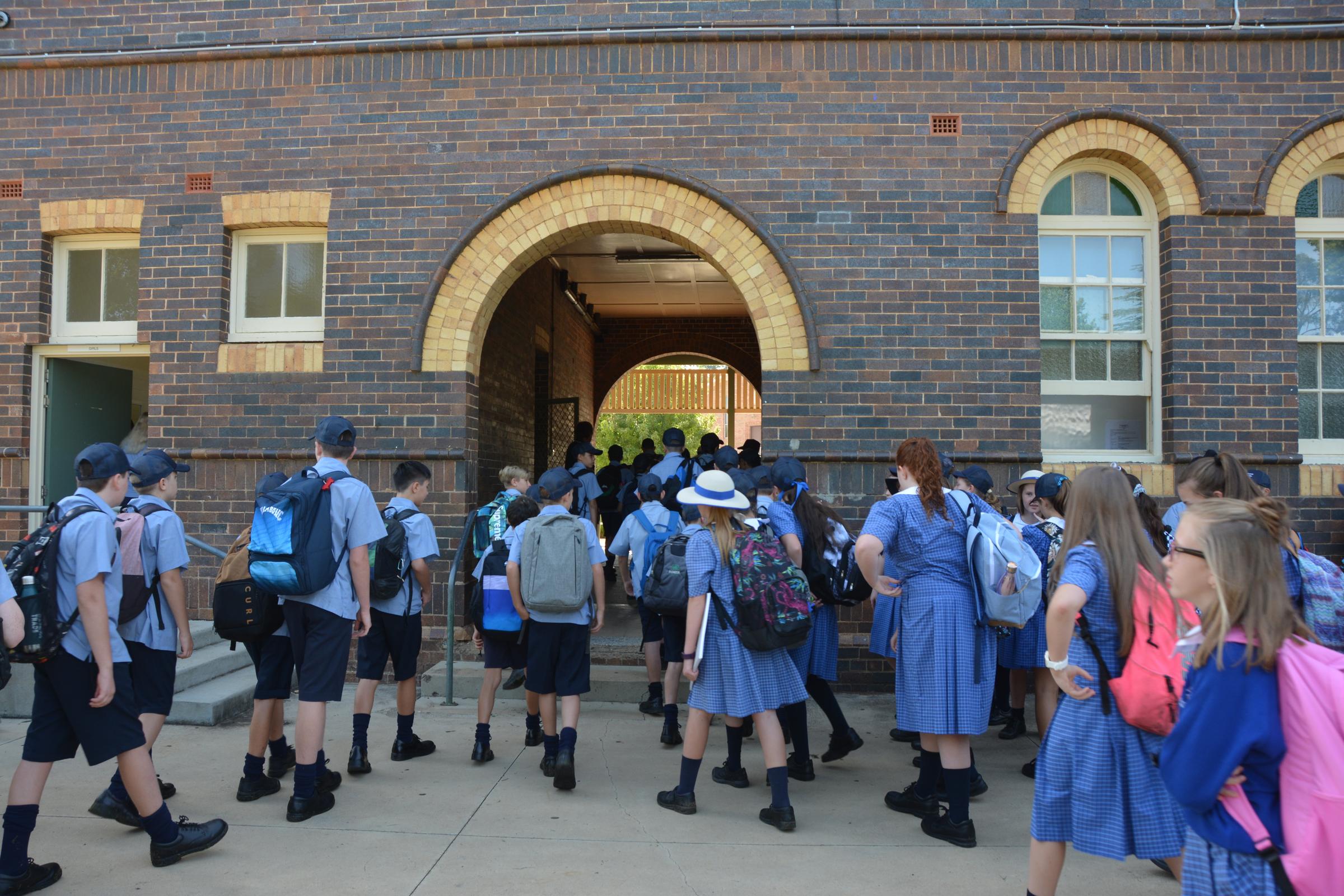Assistant Principal - Learning
Ms Eli Simpson

Assistant Principal - Learning
Ms Eli Simpson
What’s in a name?
“What’s in a name? Ah, such a question of the ages; penned by Shakespeare, pondered by Juliet, there is little wonder that we ruminate the purpose, the conflict, external considerations of the words we use and the titles we give. Where Juliet questions the veracity of the value given to a mere name, albeit a family name, she perceptively begins to unravel the complexity of the power of discourse for really... “that which we call a rose/ By any other name would smell as sweet.”
Prime minister, chief, and principal are all terms we are familiar with and interact daily with. In business, school, even on a national level, the apex of a hierarchical configuration of power is consistently reiterated. Yet, surely ascribing the responsibility, accountability, of a multi-dimensional ecosystem of humanity to one is incompatible in our every increasingly hyper-connected, hyper-collaborative collective way of life. Now, a little clarification is needed here; it’s not the position I’m angling at here, rather it’s the discourse that envelopes such a position and the connotations of the words we use that allow for excuses and a lack of accountability. If we’re all in it together, then why does the ‘buck stop’ at the one? Compounding this paradox is the terribly very Australian cultural phenomenon for ‘cutting down the tall poppy’. So, effectively, we seem to try to have it both ways - an ‘out’ for the ill-considered choices we make; the failures; the lack of commitment and investment (in the form of the one) and a penchant for diminishing success and achievement (deprecating the one).
Let’s pause for a moment and extrapolate this into an environment we are all familiar with - the classroom. Here we find a microcosm of school organisation; and to take this a little further - of our society. And unsurprisingly, the energy we place around responsibility and accountability too often falls on the ‘teacher’; the one. If we examine the etymology of the word ‘teacher’, we find:
Old English tæcan (past tense tæhte, past participle tæht) "to show, point out,
declare, demonstrate, warn; persuade," from Proto-Germanic *taikijan "to show"
(source also of Old High German zihan, German zeihen "to accuse," Gothic ga-teihan "to announce").
Separate out the verbs and take a moment to consider what visions are conjured in your mind....‘show; declare; warn; persuade; accuse; announce’ - perhaps a courtroom? A judge? Well then, I ask you this - when exactly do you get the opportunity to question a judge? Seek feedback from a judge? Or is it a far more one-sided interaction - he/she determines culpability and prescribes punition. If the judge gets it wrong and the criminal commits a crime again then the judge is to blame, right? The buck stops there. I mean, why would we consider all the other factors that contribute to recidivism?
Why on earth then, do we continue to engage discourse that promotes such unambiguous authority in an environment that thrives on community, collaboration, creativity… of risk taking? It’s time we eliminate the titles we use in learning that connote negatively; a result of understanding these as binary opposites in the learning space - it is not teacher/student, show-er/observer, persuader/recalcitrant, active/passive...it must be lead learner/learner. Agile in its very nature, this is a relationship where responsibility and understanding is shared; where learning success is celebrated and sought after, not cut down, and where there is parity in purpose. That is to ‘enhance the learning for all.’
Eli Simpson